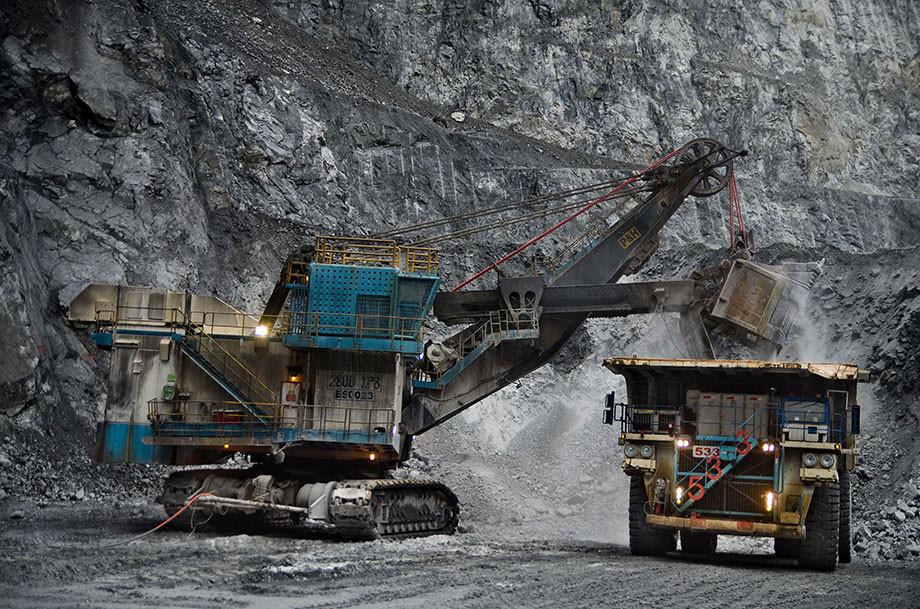Popular Reads
Top Results
Can't find what you're looking for?
View all search resultsPopular Reads
Top Results
Can't find what you're looking for?
View all search resultsIndonesia has strategic momentum to become global player in copper downstreaming: INDEF
Change text size
Gift Premium Articles
to Anyone
I
ndonesia has the strategic potential to meet the global market’s energy transition trend by developing the downstream copper industry, according to a recent study by the Institute for Development of Economics and Finance (INDEF).
Indonesia, which ranks 10th globally in terms of copper reserves, owns approximately 3 percent of the world’s total copper reserves, equivalent to 24,000 tonnes. This makes it on par with China, and above countries such as Kazakhstan, Zambia and Canada.
According to INDEF executive director Esther Sri Astuti, although Indonesia does not own the largest copper reserves, its position is rather strategic in the global copper industry.
“The large reserves it has provide a strong foundation for Indonesia to develop an integrated and sustainable copper industry. Indonesia's position [...] shows significant potential in the global copper industry," she said.
With the rising global demand for low-carbon technology products, Indonesia has the opportunity to become a major player in the global supply chain, strengthening the domestic economy and positioning the country as a regional leader in the green technology sector.
Along with low-carbon technology, the global demand for copper is driven by the electric vehicle (EV) industry, the development of renewable energy such as solar panels and wind turbines, as well as the digitalization of infrastructure.
Esther emphasized that Indonesia has benefited from market certainty for long-term investment in copper downstreaming, strengthened by the development of products such as EV components, energy storage systems and smart energy infrastructure.
In addition, government policies that create an integrated industrial ecosystem such as the Coal and Mineral Mining Law supports the formation of a strong supply chain between upstream and downstream sectors.
Recent developments in the national downstream copper ecosystem include the PT Freeport Indonesia’s (PTFI) copper smelter, the world's largest single-line copper refining facility, in the Java Integrated Industrial and Ports Estate (JIIPE) special economic zone in Gresik, East Java, as well as PT Amman Mineral Internasional’s (AMMAN) copper smelter and precious metal refining facility in West Sumbawa, West Nusa Tenggara.
Energy and Mineral Resources Minister Bahlil Lahadalia has praised the smelter for creating jobs and increasing state revenues.
"The jobs have been created and state revenues have started to increase. Our hope is that national entrepreneurs who have been given mining permits, if they don't build a smelter, I will review [the permits], they must be forced to build a smelter," said Bahlil.










